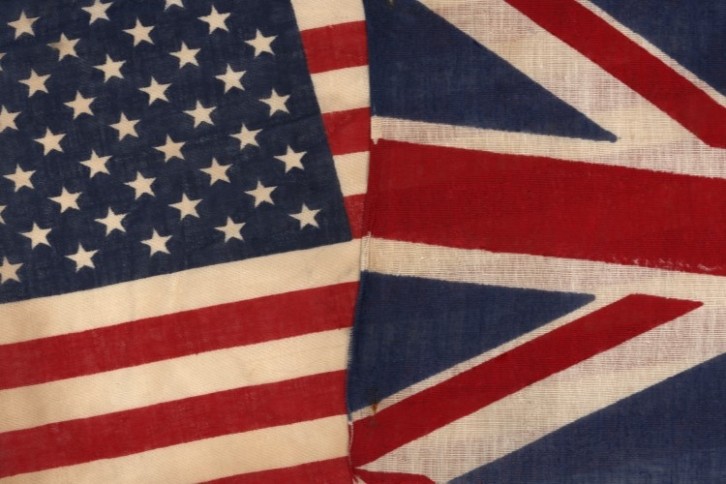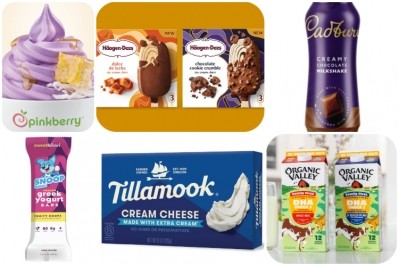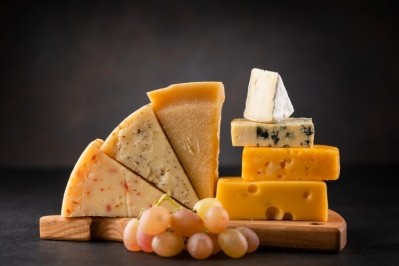NMPF's proposal for low-tariff US dairy exports ‘highly unlikely to be progressed’, says Dairy UK

In December 2023, National Milk Producers’ Federation (NMPF) representatives flew out to the UK to attend meetings with several state and trade organizations in a bid to discuss its efforts to reduce UK tariffs and resolve certificate issues.
NMPF executive vice-president for policy development and strategy Jaime Castaneda and executive vice-president for trade policy and global affairs Shawna Morris met with a raft of UK trade bodies and government department representatives, including the UK farming minister Mark Spencer and trade organizations such as Dairy UK, the National Farmers’ Union, the UK Food and Drink Federation and the British Retail Consortium.
NMPF says US dairy exports have been left ‘on the outside looking in’ while the UK has negotiated bilateral trade deals with the likes of New Zealand and Australia, along with maintaining tariff-free access to the EU market post-Brexit.
In response to this, NMPF and the US Dairy Export Council have advanced a proposal with the UK government to lower its World Trade Organization Most Favored Nation tariffs on dairy products through a temporary two-year tariff cut process.
The US organizations have also asked the UK to designate most US dairy exports as low-risk under the UK’s new Border Target Operating Model, a new border policy that categorizes products of animal origin as high, medium or low risk in order to determine the level of controls applied are proportionate.
Currently, most dairy products imported from non-EU countries are categorized as medium-risk, but some countries, such as New Zealand and Canada, enjoy low-risk designations on products such as pasteurized or UHT dairy. Medium-risk products require additional health certificates and documentary checks and are subject to physical checks at the border, while low-risk consignments don’t require health certification or physical checks.
But according to UK trade organisation Dairy UK, which represents UK dairy co-operatives and private dairy companies, progressing the request to grant US dairy products preferential access outside a full trade agreement is unlikely to materialize.
A spokesperson from Dairy UK told DairyReporter: “We would expect any agreement with the USA to reduce UK dairy import tariffs for US dairy products to be part of a full bilateral Free Trade Agreement with the USA, as was the case with New Zealand and Australia. Granting a temporary agreement that focused exclusively on dairy products would set an unusual precedent.
“We have no significant concerns over the safety of US dairy products, the issue for UK consumers is animal health and welfare standards, and specially the use of BST (bovine somatotropin, an animal drug approved by FDA and used to boost milk production, ed.).
“Overall, we think it is highly unlikely that the request will be progressed.”
Andrew Opie, Director of Food and Sustainability at the British Retail Consortium, added: "We regularly engage with organisations representing exporters to give an insight into the British market. On this occasion we made it clear retailers support the domestic supply of dairy products."








